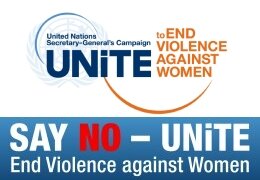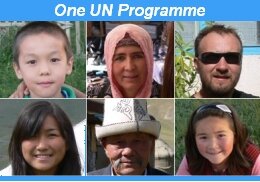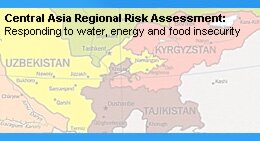| UNHCR marks 60th anniversary of Refugee Convention |
|
Geneva, 28 July 2011 - The Geneva Refugee Convention enters its 60th year today as forced displacement becomes increasingly complex and as developing countries struggle to host the large majority of the world's refugees.
The UN Convention Relating to the Status of Refugees was formally adopted on July 28, 1951 to resolve the refugee problem in Europe after World War II. This global treaty provides a definition of who qualifies as a refugee – a person with a well-founded fear of being persecuted for reasons of race, religion, nationality, membership of a particular social group or political opinion – and spells out the rights and obligations between host countries and refugees. As the legal foundation on which UNHCR’s work is based, it has enabled the agency to help millions of uprooted people to restart their lives in the last 60 years.
Today, the Convention remains the cornerstone of refugee protection. It has adapted and endured through six decades of massive changes but it faces unprecedented challenges today. “The causes of forced displacement are multiplying,” said UN High Commissioner for Refugees António Guterres. “People are uprooted not just by conflict and persecution, but also by extreme poverty and the impact of climate change. These factors are increasingly inter-related.” In Somalia, over 170,000 people have fled into neighbouring countries since January, citing famine, drought and insecurity as reasons for leaving. Up to 1 million others have left embattled Libya, among them refugees and asylum-seekers, but also economic migrants seeking a better life elsewhere. “We need protection-sensitive borders so those in fear for their lives or freedom continue to find it,” said Guterres. “At the same time we need to find innovative ways to fill the increasingly clear gaps in the international protection system and to promote the values of tolerance and inclusion rather than fear and suspicion.” Four-fifths of the world’s refugees live in developing countries, and the recent crises in Somalia, Libya and Côte d’Ivoire have added to this burden. As East Africa struggles to cope with the worst drought in 60 years, Kenya, Ethiopia and Djibouti are hosting nearly 450,000 Somali refugees – and the numbers are growing daily. Tunisia and Egypt have received the bulk of the exodus from Libya amid the turbulence of the Arab spring. Barely recovering from years of civil conflict, Liberia provides refuge to over 150,000 Ivorians who fled post-election violence and a still-uncertain situation in their home country. By comparison, the 27 countries of the European Union together received just over 243,000 asylum applications last year, or about 29 per cent of the total worldwide. Europe owes it to these people, to all refugees, and to itself to uphold the values of the 1951 Refugee Convention,” said the High Commissioner, noting that the EU has the capacity to enlarge its share of responsibility for refugees and asylum-seekers. “At present, a truly common system remains elusive, as significant differences persist among Member States in their reception and treatment of asylum-seekers. The 60th anniversary of the Refugee Convention, we hope, will give impetus to the establishment of a true Common European Asylum System. Europe could also do more to resettle refugees,” said Guterres, referring to the process through which refugees in one country, usually in the developing world, are permanently relocated to new countries, usually in the developed world. Denmark was the first state to ratify the 1951 Convention. Sixty years on, 148 states (three-quarters of the world’s nations) are parties to the Convention and/or its 1967 Protocol. Nauru is the most recent, having joined in June this year. But there are still parts of the world – most notably South and South-East Asia and the Middle East – where the majority of states have yet to ratify the Convention. In December, the UN refugee agency will convene a ministerial meeting of States Parties to the 1951 Convention. States will be able to reaffirm their commitment to the Convention as the key instrument of refugee protection and pledge concrete actions to resolve refugee and statelessness problems. The meeting will also seek ways forward on protection gaps in the fast-changing environment of forced displacement. UNHCR believes that even one person forced to flee war or persecution, is one too many. To mark the 60th anniversary of the Convention, the agency has launched the “1” campaign, which aims to humanize an issue often reduced to numbers by telling stories of individual refugees and other forcibly displaced people. For more information go to: http://www.unhcr.org/do1thing |








